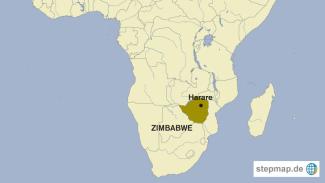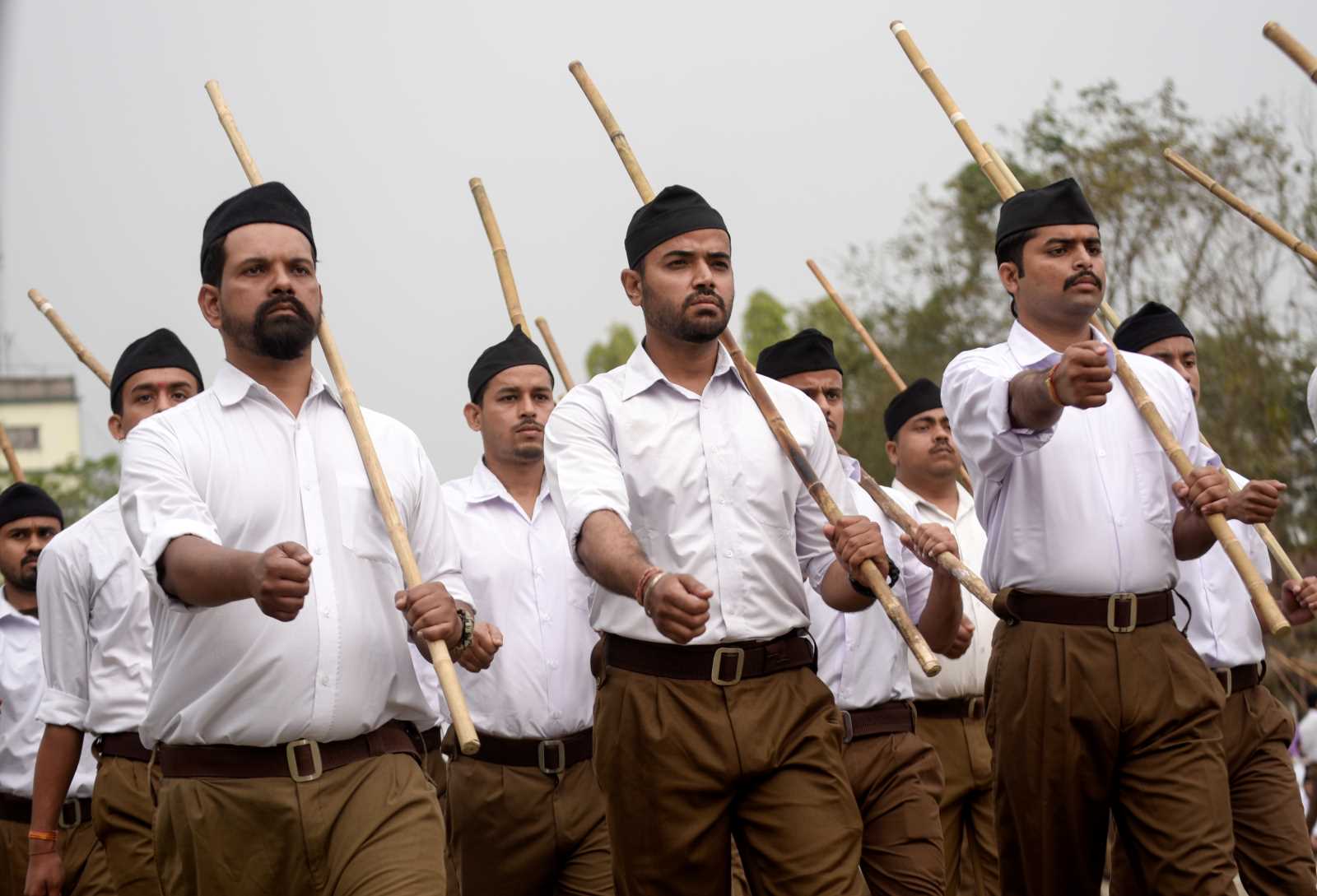Social media
Democracy needs more than hashtags

A social media campaign hashtagged #ThisFlag is making headlines in Zimbabwe. Response to the campaign started by Pastor Evans Mawarire has been spectacular.
The campaign is calling on citizens to don the Zimbabwe flag and share this on social media as a sign of unity against the longstanding political, economic and social disintegration in Zimbabwe. Mawarire’s simple words in his first post were: “When I look at the flag, it’s not a reminder of my pride and inspiration, it feels as if I just want to belong to another country. And so I must look at it again with courage and try to remind myself that it is my country.” Through a series of videos, Mawarire has managed to build a crowd of Zimbabwean netizens calling for the elected officials to provide solutions to Zimbabwe’s long-lasting problems.
Zimbabwe is not a big country, so tens of thousands of responses and retweets nationally and internationally show that Mawarire has voiced the pent-up frustration of his fellow citizen with their government.
But whether it will have a real impact on Zimbabwe’s acrimonious politics is too early to tell. Real democracy will not magically appear from merely retweeting a hashtag. Social media channels are vital to address issues, but on their own, they are not powerful enough to effect political change. Real changes require action on the ground and not mere desktop or mobile screen political activism.
Internet penetration and mobile telephony has grown rapidly over the past decade in Zimbabwe, but internet access and social-media usage remain elite phenomena. Users are largely urban people and the Zimbabwean diaspora. According to The Postal and Telecommunications Regulatory Authority of Zimbabwe, the country’s internet penetration rate is 48.1 % or 6.7 million people, and that statistic probably needs further scrutiny.
Most users access internet via mobile devices, which is expensive. In a country where freedom of expression is highly constricted, however, social media facilitate space for a select few to openly express themselves in defiance of censorship.
Information Minister Jonathan Moyo dismissed the #ThisFlag movement as nothing more than a “pastor’s fart in the corridors of power”. Becoming politically active can be dangerous in Zimbabwe. More than a year ago, Itai Dzamara, a prominent critic of President Robert Mugabe, was abducted, and his whereabouts is still unknown. His case is followed up by Amnesty International.
Pastor Mawarire sparked an emotional conversation about Zimbabwe’s seemingly intractable decline. But the more the demands of the campaign remain unmet, the more frustration the citizens will feel, confronted with a system that is determined to maintain an iron hold on power.
Chief K. Masimba Biriwasha is a digital journalist based in Harare, Zimbabwe.
biriwasha.m@gmail.com
Link
https://twitter.com/hashtag/thisflag









